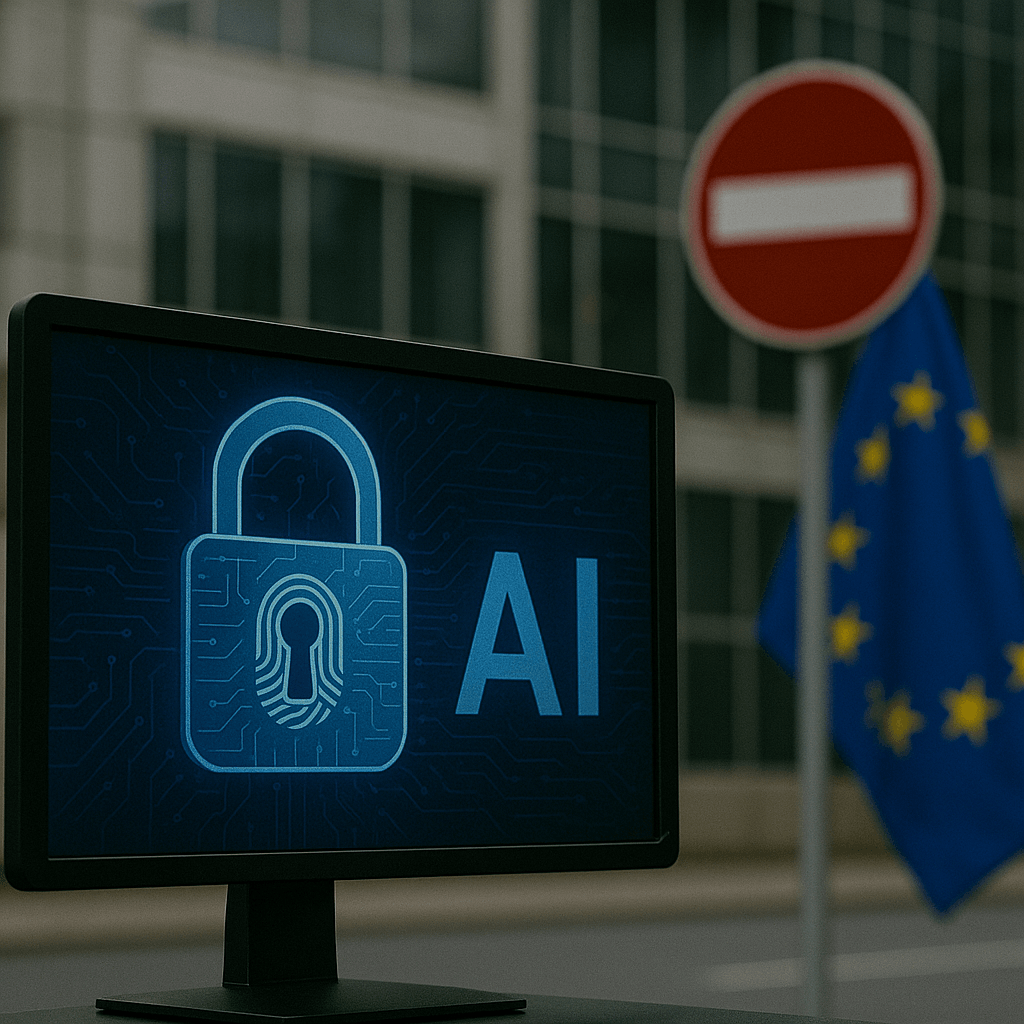Trump Pushes for National AI Authority, Challenging State-Level Tech Policies
The emerging landscape of artificial intelligence governance is rapidly transforming into a high-stakes battleground where federal and state authorities are grappling for regulatory supremacy....
